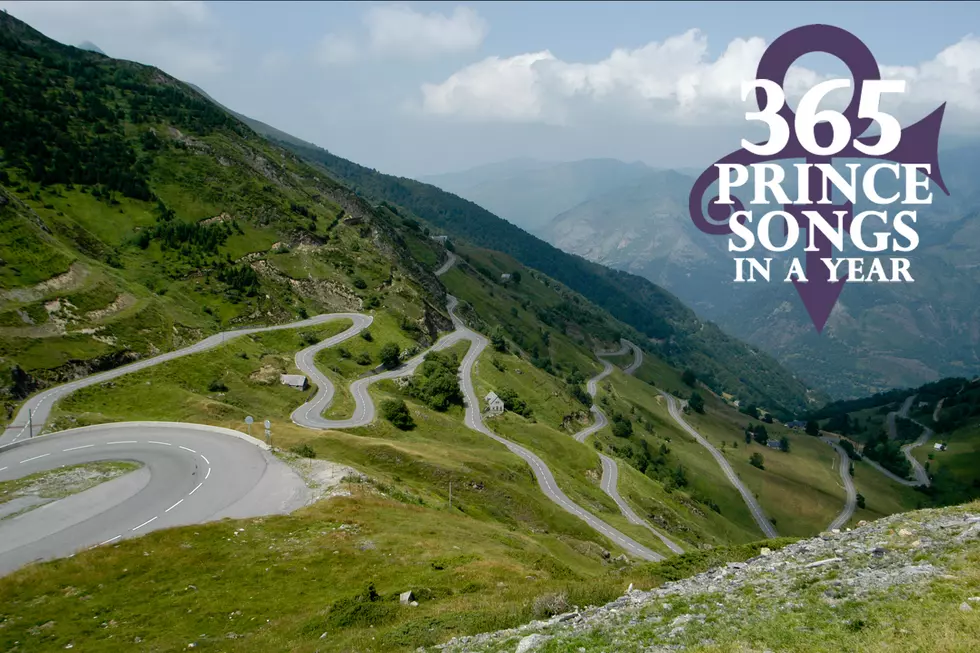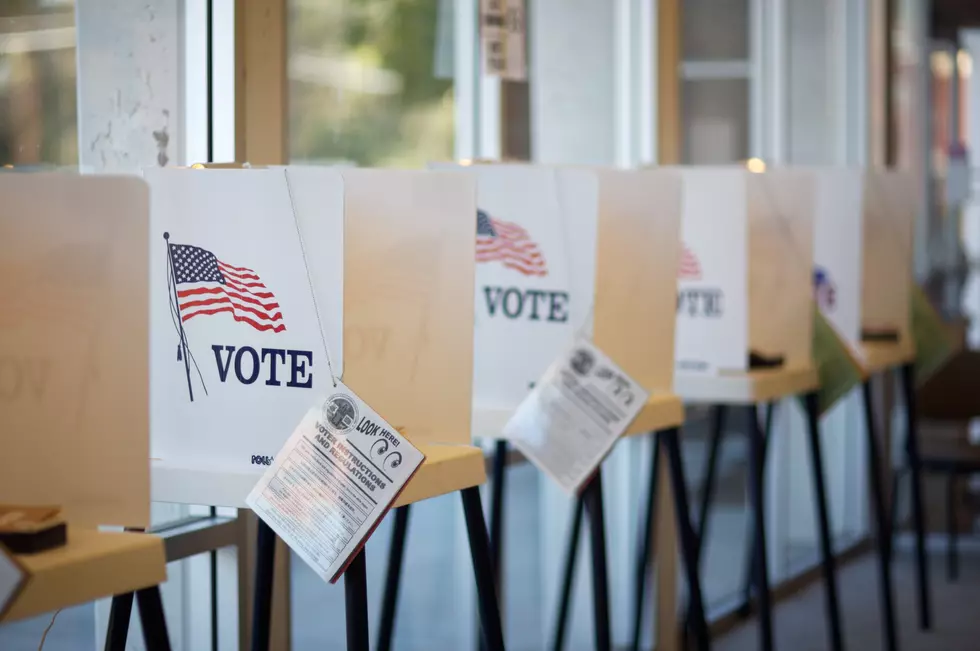
Critics Groups Disqualify Disney Films From Awards Following LA Times Blacklist
In recent weeks, Disney has effectively blacklisted the Los Angeles Times following a compelling three-part story on the corporation’s business dealings in Anaheim. The corporation is retaliating by refusing to screen upcoming films for LA Times press, which may be setting a dangerous precedent — one that’s inspired four separate critics groups to voice their support for the LA Times by boycotting Disney and disqualifying their films from awards eligibility.
Update: The New York Times has joined the LA Times in boycotting Disney films. Statement below.
__
On September 24, the LA Times ran the first in a three-part story investigating Disney’s business and financial dealings in the city of Anaheim, home to Disneyland parks. Last week, the paper revealed that Disney had blacklisted their journalists from attending press screenings of Thor: Ragnarok and other upcoming releases (which includes Pixar’s Coco) over what the corporate giant is calling “unfair coverage.” In response, critics and other media outlets quickly joined the LA Times in boycotting Disney films.
Let’s make something clear: The LA Times is not boycotting Disney because they’re being refused early access to films; the boycott is over Disney’s motives in blacklisting the paper, which is effectively being punished for a piece of investigative journalism that questioned the company’s business practices. In a statement, Disney called the Times’ reporting “biased and inaccurate…wholly driven by a political agenda,” yet as Washington Post critic Alyssa Rosenberg (among the first to join the boycott) notes, it doesn’t look as though the company reached out to the Times for corrections to their story.
Instead, Disney refused to participate in the LA Times’ annual Holiday Movie Sneaks preview and blacklisted the paper from attending press screenings — placing undue pressure on its writers, who won’t be able to see or review Disney films until opening day. The company has also blocked some of the Times’ employees from accessing the Disney press site, which contains publicity materials (like official photos) related to upcoming releases. Disney’s blacklist sends an unnerving message to members of the press: Don’t say anything negative about Disney, or your press access will be revoked.
Now, remove Disney from that sentence and replace it with any other corporate entity or politician — any of which may be emboldened by Disney’s recent decision — and the outcome is nigh-dystopian. It is, as stated in an official joint statement issued by Los Angeles Film Critics Association president Claudia Puig, “a dangerous precedent in a time of already heightened hostility toward journalists.”
Filmmaker Ava DuVernay, who became the first black woman to direct a $100 million film with her upcoming adaptation of A Wrinkle in Time for Disney, tweeted her support for the journalists boycotting the studio:
LAFCA is joined in their boycott by the New York Film Critics Circle, the Boston Society of Film Critics, and the National Society of Film Critics, all of whom have voted to disqualify Disney films from awards eligibility. The full statement, in its entirety:
The members of the Los Angeles Film Critics Association, the New York Film Critics Circle, the Boston Society of Film Critics and the National Society of Film Critics jointly denounce the Walt Disney Company’s media blackout of the Los Angeles Times. Furthermore, all four critics’ organizations have voted to disqualify Disney’s films from year-end awards consideration until said blackout is publicly rescinded. On Nov. 3, The Times published a statement that its writers and editors had been blocked from attending advance screenings of Disney films, in response to The Times’ news coverage of Disney’s business arrangements with the City of Anaheim. Disney’s actions, which include an indefinite ban on any interaction with The Times, are antithetical to the principles of a free press and set a dangerous precedent in a time of already heightened hostility toward journalists. It is admittedly extraordinary for a critics’ group, let alone four critics’ groups, to take any action that might penalize film artists for decisions beyond their control. But Disney brought forth this action when it chose to punish The Times’ journalists rather than express its disagreement with a business story via ongoing public discussion. Disney’s response should gravely concern all who believe in the importance of a free press, artists included. The New York Film Critics Circle will vote on its annual awards Thursday, Nov. 30; the Los Angeles Film Critics Association will vote Sunday, Dec. 3; the Boston Society of Film Critics will vote Sunday, Dec. 10; and the National Society of Film Critics will vote Saturday, Jan. 6.
Should the company fail to publicly rescind its blackout in the coming weeks, several Disney films will become ineligible for awards voting by four of the country’s prominent critics groups. Those films include Coco, Beauty and the Beast, Cars 3, Thor: Ragnarok and Star Wars: The Last Jedi. Update: The New York Times has also joined the boycott:
This afternoon, the Television Critics Association joined the boycott via an official statement that succinctly — and smartly — summarizes the decision:
The Television Critics Association board states, “The Television Critics Association understands that screeners and coverage opportunities are a privilege and not a right, but we condemn any circumstance in which a company takes punitive action against journalists for doing their jobs.”
Signed,
Daniel J. Fienberg, TCA President
Melanie McFarland, TCA Secretary
Jacqueline Cutler, TCA Treasurer
Board Officers Maureen Ryan, Damian Holbrook, Todd VanDerWerff and Howard Benjamin
[TCA Vice President Sarah Rodman of the Los Angeles Times recused herself from deliberation on this statement.]
The TCA boycott could affect several Disney television shows and networks, including Marvel and ABC.
Disney has yet to respond.
More From Mix 97.9 FM










